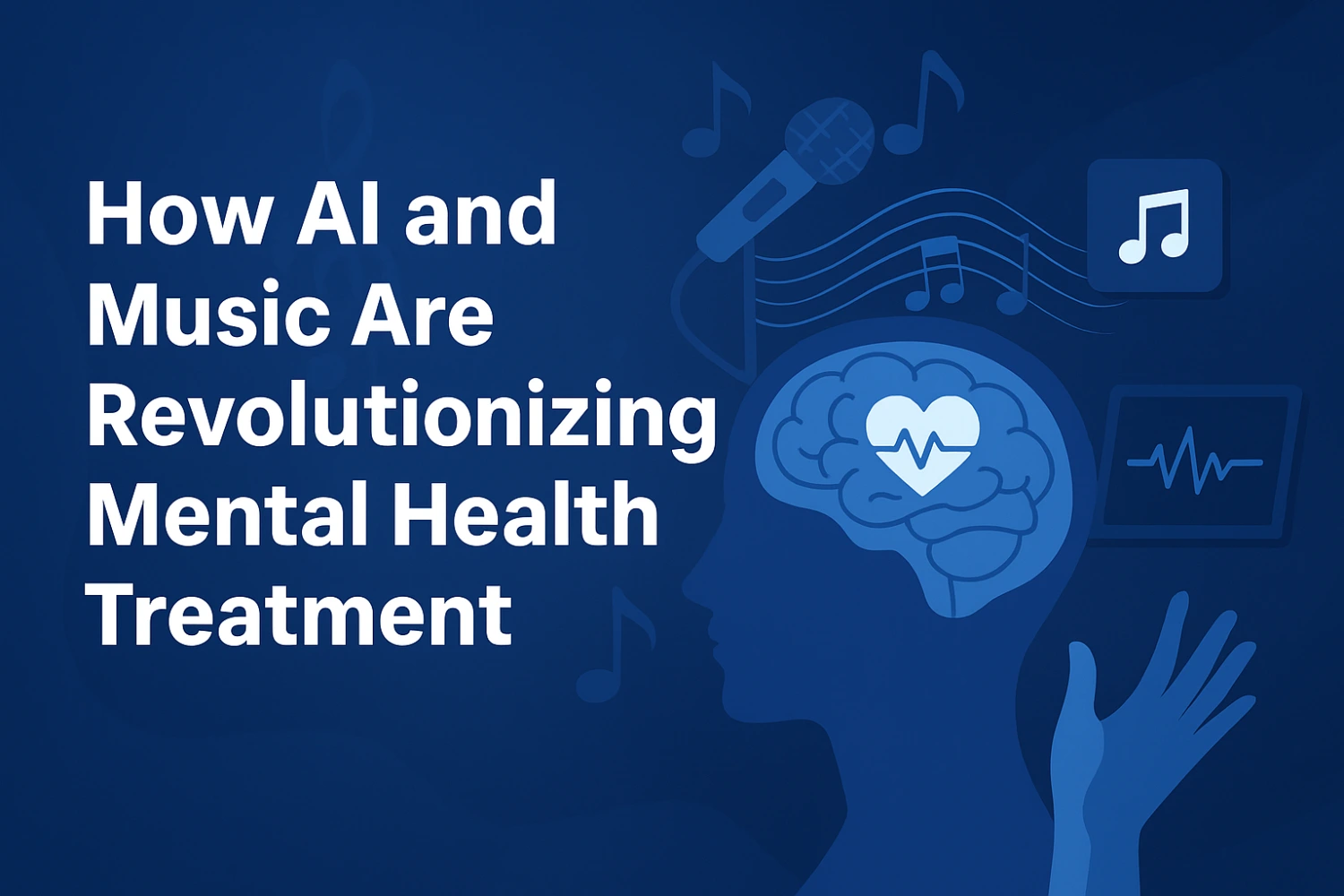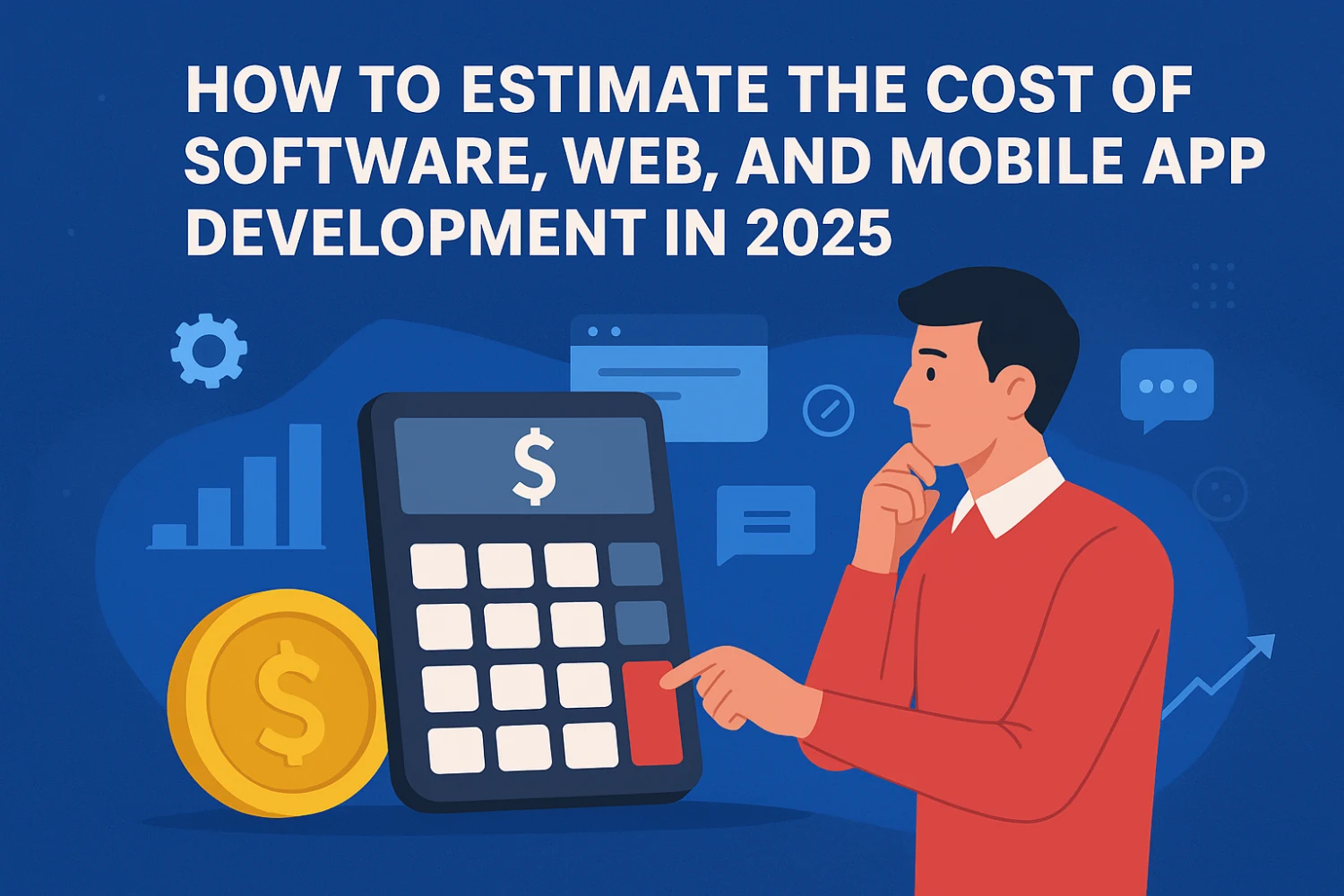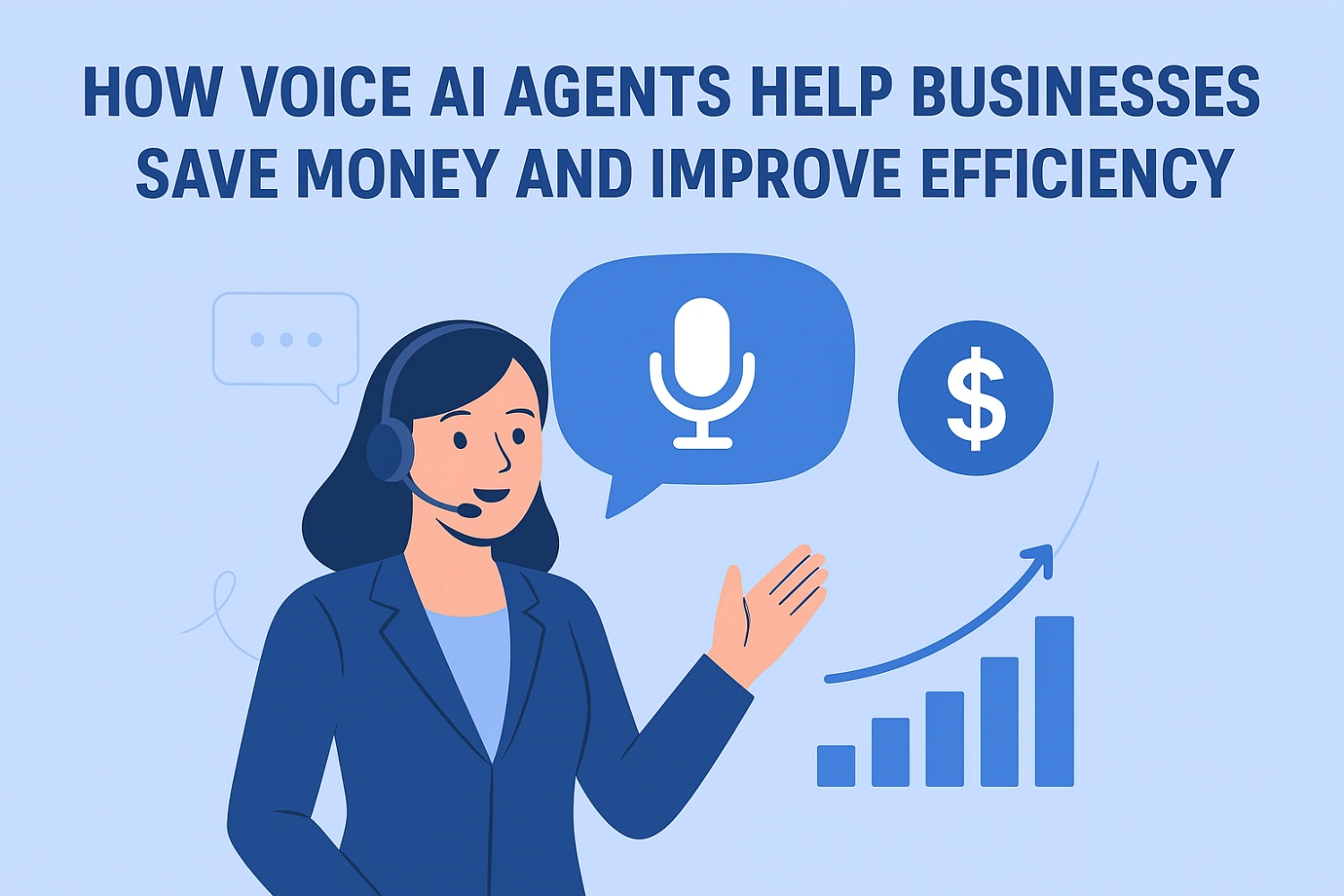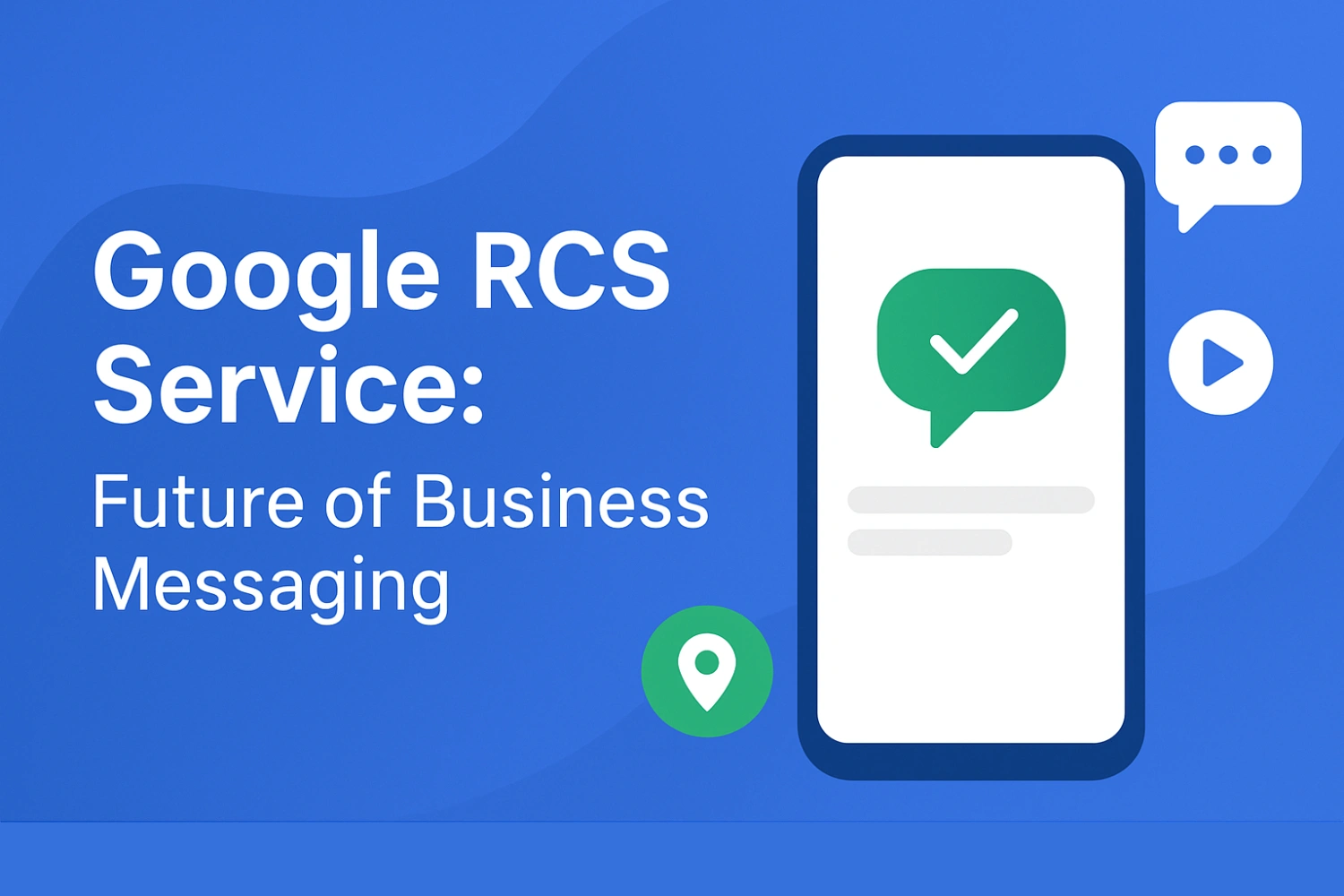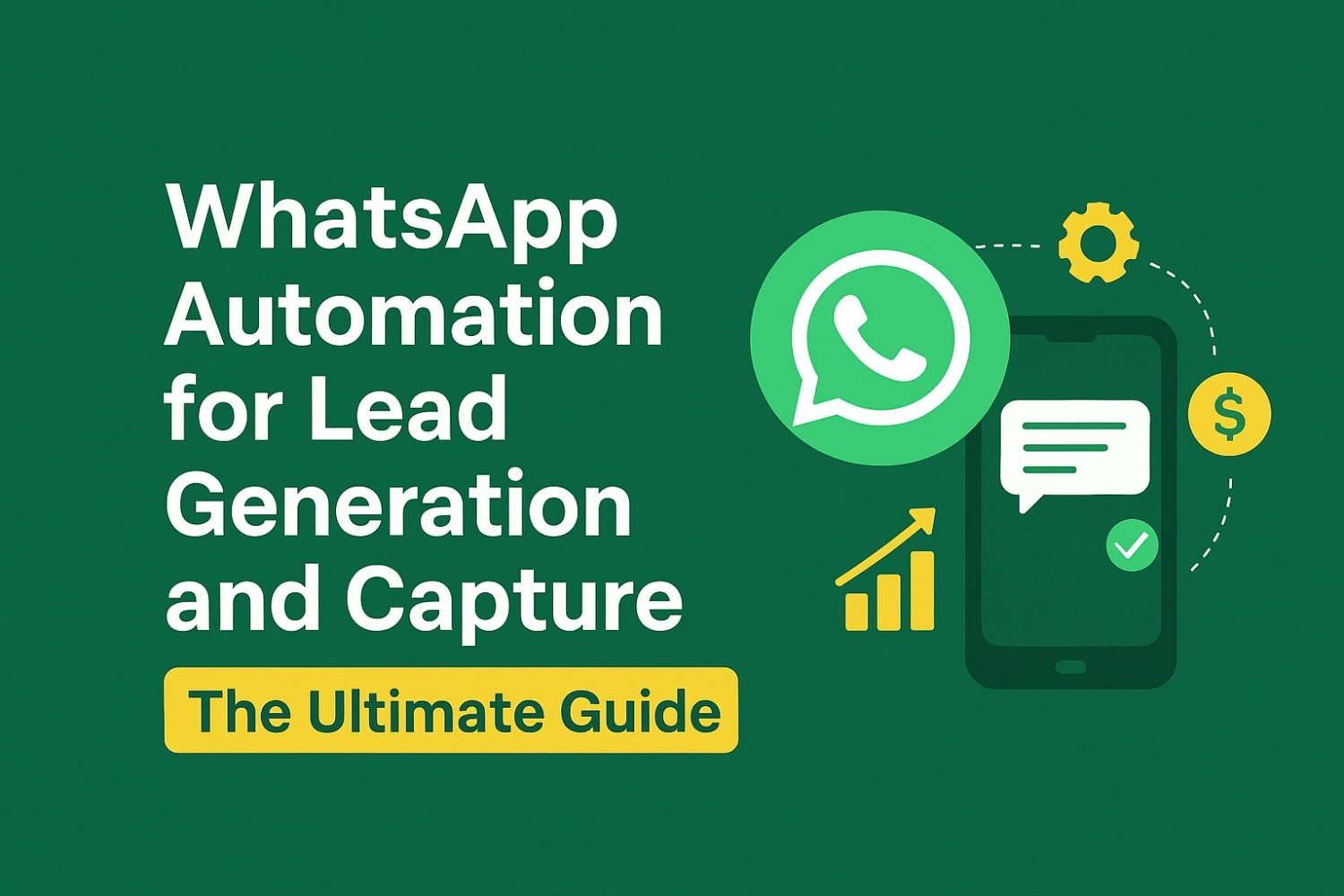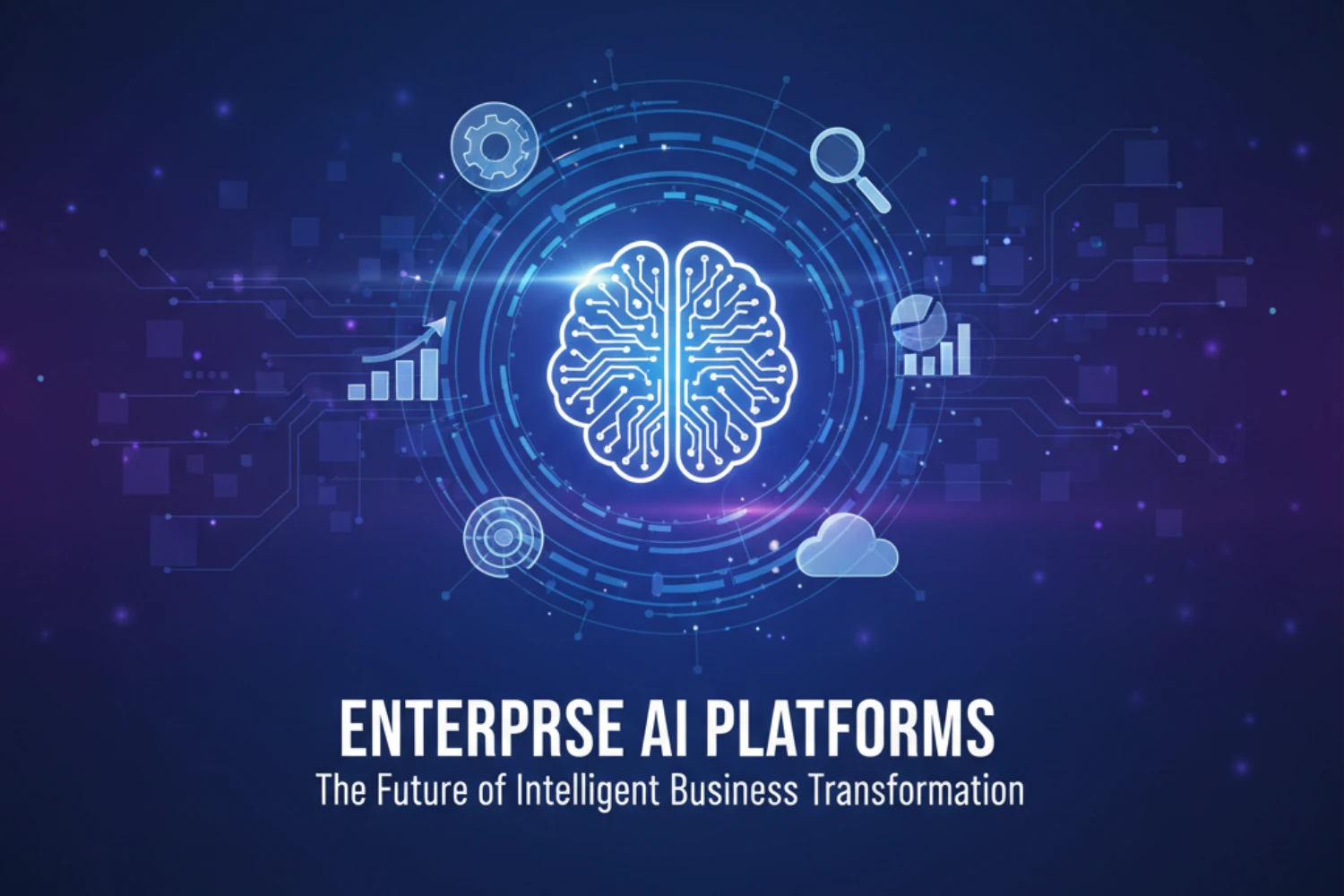Introduction
In an era where mental health challenges are on the rise globally, innovative technologies are stepping in to offer new solutions. One of the most promising frontiers is the intersection of artificial intelligence, neuroscience, and music therapy — a combination that's transforming how we approach mental wellness and emotional health.
Mental health disorders affect millions worldwide, with anxiety and depression being among the most common conditions. Traditional treatments like medication and psychotherapy, while effective, don't work for everyone. There's a growing need for accessible, personalized, and non-pharmacological interventions that can complement existing therapies.
This is where AI-powered music therapy comes in — a groundbreaking approach that leverages the emotional power of music, backed by neuroscience research and enhanced by artificial intelligence.
At True Value Infosoft, a leading AI Development Company in India, we're passionate about exploring how emerging technologies can create meaningful impact in healthcare and wellness sectors.
What Is AI-Powered Music Therapy?
AI-powered music therapy is an intelligent system that combines machine learning, affective computing, and neuroscience to create personalized music experiences designed to improve mental health and emotional well-being.
Unlike simply listening to your favorite playlist, AI music therapy systems:
- Analyze your emotional state through biometric data and behavioral patterns.
- Generate or recommend music tailored to your specific mental health needs.
- Adapt in real-time based on your physiological responses like heart rate, skin conductance, and brain activity
- Create personalized interventions that can help manage anxiety, stress, depression, and other mental health conditions
The science behind this approach is rooted in "pharmamusicology" — the study of how music can positively affect our physiology and psychology, similar to how pharmaceutical interventions work, but without medication.
Why AI and Music for Mental Health?
The therapeutic power of music has been recognized for centuries. Music activates multiple brain regions simultaneously, influencing emotions, memory, and even physical responses. Recent neuroscience research has shown that music can:
- Reduce cortisol levels (the stress hormone)
- Trigger dopamine release (associated with pleasure and reward)
- Regulate heart rate and breathing patterns
- Improve mood and emotional regulation
- Enhance cognitive function and memory
When you combine this natural therapeutic power with AI's ability to personalize and optimize experiences, you get a scalable mental health solution that can reach millions of people who might not have access to traditional therapy.
7 Ways AI-Powered Music Therapy Is Transforming Mental Healthcare
Let's explore the key areas where AI and music are making measurable impact in mental health treatment.
1. Personalized Anxiety and Stress Management
Traditional mental health interventions often follow a one-size-fits-all approach. AI-powered music therapy systems analyze individual responses and create personalized soundscapes designed specifically for each person's anxiety triggers and stress patterns.
These systems monitor biometric data in real-time and adjust musical elements — tempo, key, instrumentation, and rhythm — to guide users toward calmer emotional states.
Real-World Impact: Research shows that personalized music interventions can reduce anxiety symptoms by 30-40% in just a few weeks of consistent use.
2. Accessible Mental Health Support 24/7
One of the biggest barriers to mental health treatment is accessibility. Therapy appointments are expensive, limited by geography, and often have long waiting lists.
AI music therapy platforms provide immediate, on-demand support whenever someone needs it — whether it's 3 AM during a panic attack or during a stressful commute.
This democratizes mental health support, making therapeutic interventions available to anyone with a smartphone or computer.
3. Non-Pharmacological Treatment Options
Many people prefer to avoid medication due to side effects, personal beliefs, or because pharmaceuticals haven't worked for them. AI music therapy offers a scientifically validated, non-invasive alternative that can be used alone or in combination with other treatments.
Clinical studies are showing that music-based interventions can be as effective as certain medications for mild to moderate anxiety and depression — without any of the side effects.
4. Enhancing Live Music and Concert Experiences
Beyond individual therapy, researchers are exploring how large-scale live music experiences affect mental health and emotional well-being for both audiences and performers.
AI systems can now measure collective emotional resonance during concerts using wearable biometric sensors and interactive lighting that responds to audience emotions, creating more immersive and therapeutically beneficial experiences.
This research is revealing how communal music experiences foster empathy, connection, and emotional healing at scale.
5. Supporting Perinatal Mental Health
Pregnancy and the postpartum period are times of significant emotional vulnerability. AI-powered music composition and lullaby creation programs are being used to support maternal mental health.
These programs guide expecting and new parents through the process of creating personalized lullabies, which has been shown to reduce anxiety, strengthen parent-child bonding, and improve overall perinatal mental health outcomes.
6. Validating Emotional Resonance in AI-Generated Music
As AI music generation becomes more sophisticated, researchers are working to understand whether AI-generated music can create the same emotional impact as human-composed music.
This research is critical for developing ethical AI applications that preserve human creativity while harnessing AI's power to create therapeutic music at scale. The goal is to ensure that AI-generated therapeutic music maintains the emotional authenticity that makes music healing.
7. Integration with Traditional Psychotherapy
AI music therapy isn't meant to replace traditional mental health treatment — it's designed to enhance it. Therapists are beginning to integrate music-based AI tools into their practice, using them as complementary interventions alongside talk therapy and medication.
This multimodal approach addresses mental health from multiple angles, leading to better outcomes and more sustainable recovery.
Real-World Applications and Collaborations
The potential of AI-powered music therapy is moving from research labs into real-world applications through various partnerships and initiatives.
Leading institutions and organizations are already implementing these innovations:
- Concert Halls and Performance Venues are developing wellness-focused programs that use AI to optimize the therapeutic impact of live music experiences.
- Healthcare Providers are partnering with technology companies to integrate music therapy into treatment plans for anxiety, depression, and PTSD.
- Corporate Wellness Programs are adopting AI music therapy platforms to support employee mental health and reduce stress-related burnout.
- Educational Institutions are using these technologies to help students manage academic stress and improve emotional regulation.
These collaborations demonstrate that AI-powered music therapy is not just theoretical research — it's a practical, scalable solution being deployed across diverse settings.
The Technology Behind AI Music Therapy
Building effective AI music therapy systems requires expertise in multiple disciplines:
Affective Computing: AI systems that can recognize, interpret, and process human emotions through various data inputs including voice patterns, facial expressions, and physiological signals.
Machine Learning: Algorithms that learn from individual responses and continuously improve personalization based on what works best for each user.
Signal Processing: Advanced audio engineering that can analyze and generate music with specific therapeutic properties.
Neuroscience Integration: Understanding how music affects brain function and using that knowledge to optimize therapeutic interventions.
Biometric Monitoring: Real-time tracking of physiological responses like heart rate variability, skin conductance, and even brain activity to guide adaptive music generation.
At True Value Infosoft, we bring deep expertise in AI development, machine learning, and healthcare technology integration to help organizations build these sophisticated mental health solutions.
Ethical Considerations and Future Development
As with any AI application in healthcare, ethical considerations are paramount. Key concerns include:
Preserving Human Creativity: Ensuring that AI-generated music doesn't replace human musicians and composers but rather augments their capabilities.
Data Privacy: Protecting sensitive biometric and mental health data collected by these systems.
Clinical Validation: Conducting rigorous studies to ensure these interventions are genuinely effective and safe.
Accessibility and Equity: Making sure these technologies benefit everyone, not just those who can afford premium services.
The future of AI music therapy lies in addressing these concerns while continuing to innovate and expand access to mental health support.
Why Partner with True Value Infosoft for AI Healthcare Solutions?
As one of the leading AI Development Companies in India, True Value Infosoft specializes in building intelligent systems that solve real-world healthcare challenges.
Here’s what sets us apart:
- Healthcare AI Expertise – Deep knowledge of medical applications, regulatory compliance, and patient safety.
- Custom Development – Solutions tailored to your specific healthcare, wellness, or therapeutic needs.
- Machine Learning Excellence – Advanced algorithms for personalization, prediction, and adaptive learning.
- Data Security – HIPAA-compliant systems with enterprise-grade security and privacy protection.
- Interdisciplinary Approach – We work at the intersection of technology, healthcare, and human experience.
- Scalable Infrastructure – Cloud-based solutions that grow from pilot programs to global deployment.
Our mission is to harness the power of AI to improve health outcomes and make wellness accessible to everyone.
Future Outlook: The Evolution of Mental Health Technology
By 2030, experts predict that AI-driven mental health interventions will become as common as traditional therapy, with personalized, on-demand support available through everyday devices.
The integration of AI, neuroscience, music, and mental health represents just the beginning of a broader transformation in how we approach wellness. Future developments may include:
- Brain-computer interfaces that allow music to be controlled by thought alone.
- Virtual reality environments combined with therapeutic music for immersive healing experiences.
- AI systems that can detect early warning signs of mental health crises and intervene proactively.
- Global mental health platforms that provide culturally adapted music therapy across languages and traditions.
Organizations that invest in these technologies today are not just addressing current mental health challenges — they're pioneering the future of holistic wellness.
Conclusion
AI-powered music therapy represents a revolutionary approach to mental health treatment — combining the timeless healing power of music with the precision and personalization of artificial intelligence.
By leveraging neuroscience, affective computing, and machine learning, we can create scalable, accessible, and effective mental health interventions that complement traditional treatments and reach people who might otherwise go without support.
If you're ready to explore how AI can transform mental health services, wellness programs, or healthcare delivery, partner with True Value Infosoft, the best AI Development Company in India.
Let us help you build intelligent, compassionate solutions that improve lives.
FAQs
No. AI music therapy is designed to complement traditional treatments like psychotherapy and medication, not replace them. It offers an additional tool that can enhance overall treatment effectiveness.
AI systems analyze your biometric data, emotional responses, and personal preferences to learn what musical characteristics (tempo, key, instrumentation) have the most positive impact on your specific mental state.
Not at all. AI music therapy can benefit anyone looking to manage stress, improve emotional well-being, enhance focus, or simply achieve better mental wellness in their daily life.
The cost varies based on complexity, features, and scale. At True Value Infosoft, we work with organizations of all sizes to create custom solutions that fit their budget and goals.
Simply contact True Value Infosoft — our experts will assess your needs, understand your vision, and design an AI-powered solution tailored to your organization's specific mental health or wellness objectives.
